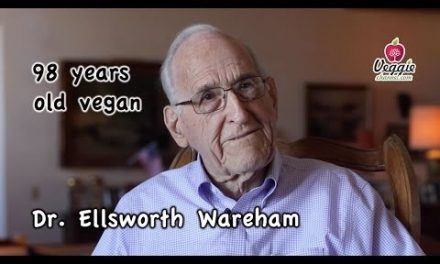
Medical Marijuana a Joke?
The head of the Drug Enforcement Administration called the idea of medical marijuana a “joke” on Wednesday.
To quote his exact words:
“What really bothers me is the notion that marijuana is also medicinal — because it’s not,” Rosenberg said in a briefing to reporters. “We can have an intellectually honest debate about whether we should legalize something that is bad and dangerous, but don’t call it medicine — that is a joke.”
Chuck Rosenberg, who was appointed to lead the agency in May, made the comments at a press briefing, according to CBS News.
He was swiftly criticized by advocates who argue that millions of patients use marijuana to help ease the symptoms of Multiple Sclerosis, chemotherapy, and seizures, among other afflictions, and that the reason there isn’t more research showing its effectiveness is because of the DEA’s tight control over what the agency classifies as a “Schedule 1” substance.
Scientists interested in doing medical marijuana research have to get approval from the DEA to use the drug and are then allowed only approved samples of the drug which they get from the National Institute on Drug Abuse.
Although President Barack Obama removed one barrier to that approval process earlier this year, cutting out an extra layer of approval known as the Public Health Safety Review, the administration is still opposed to legalizing medical marijuana pending further studies.
Rosenberg did distinguish between the compounds in marijuana like HTC that might offer medical benefits and smoking the leaf of the marijuana plant, which he said was not beneficial.
Eighty percent of US states now have laws allowing some type of medical marijuana use for patients, though some only allow the chemicals derived from the plants, rather than the plant itself, to be smoked.
Morgan Fox, spokesman for the Marijuana Policy Project, called Rosenberg’s comments “inappropriate.”
“We have 23 states as well as Washington, DC and Guam that allow for the use of medical marijuana and millions of patients that find it effective. There are doctors in those states willing to recommend it and say it is in fact medicine,” Fox said.
Christopher Brown, a medical marijuana advocate formerly with the group Americans for Safe Access, said he wasn’t surprised by Rosenberg’s comments.
“This is what we expect from the DEA. They’re very out of line with other government organizations,” he said.
Brown criticized Rosenberg for calling into question the research that could help demonstrate its effectiveness given that the DEA is making it more difficult to conduct that research.
“It’s of particularly bad faith on his part given the extensive work that the DEA has done to undermine effective research on medical cannabis to then go around and say it hasn’t been shown to be safe or effective while doing things like enforcing a monopoly on research at [National Institute on Drug Abuse],” Brown said.
The National Institute on Drug Abuse is currently funding 28 studies on medical cannabis.
Despite the tight limits on scientific research, Brown said it’s clear from the millions of people who use medical marijuana to treat symptoms that it is effective. The National Cancer Institute states on its website that medical marijuana may be able to help patients suffering from the effects of chemotherapy, but there is not yet enough evidence to recommend it. A review of medical studies on the efficacy of pot compiled by the policy research site ProCon.org found that of 60 peer reviewed studies conducted since 1990, 40 percent have shown it to be effective, six percent found it to not be effective, and 13 percent were inconclusive.
 ABOUT THE FOUNDER OF HEALTH NUT NEWS
ABOUT THE FOUNDER OF HEALTH NUT NEWS
Erin Elizabeth is a long time activist with a passion for the healing arts, working in that arena for a quarter century. Her site HealthNutNews.com is less than 2 years old, but has already cracked the top 20 Natural Health sites world-wide. She is an author, public speaker, and has recently done some TV and film programs for some of her original work which has had international media coverage. You can get Erin’s e-book for free here and also watch a short documentary on how she overcame vax injuries, Lyme disease, a significant weight gain, and more. Follow Erin on Facebook, Twitter, and Instagram.











